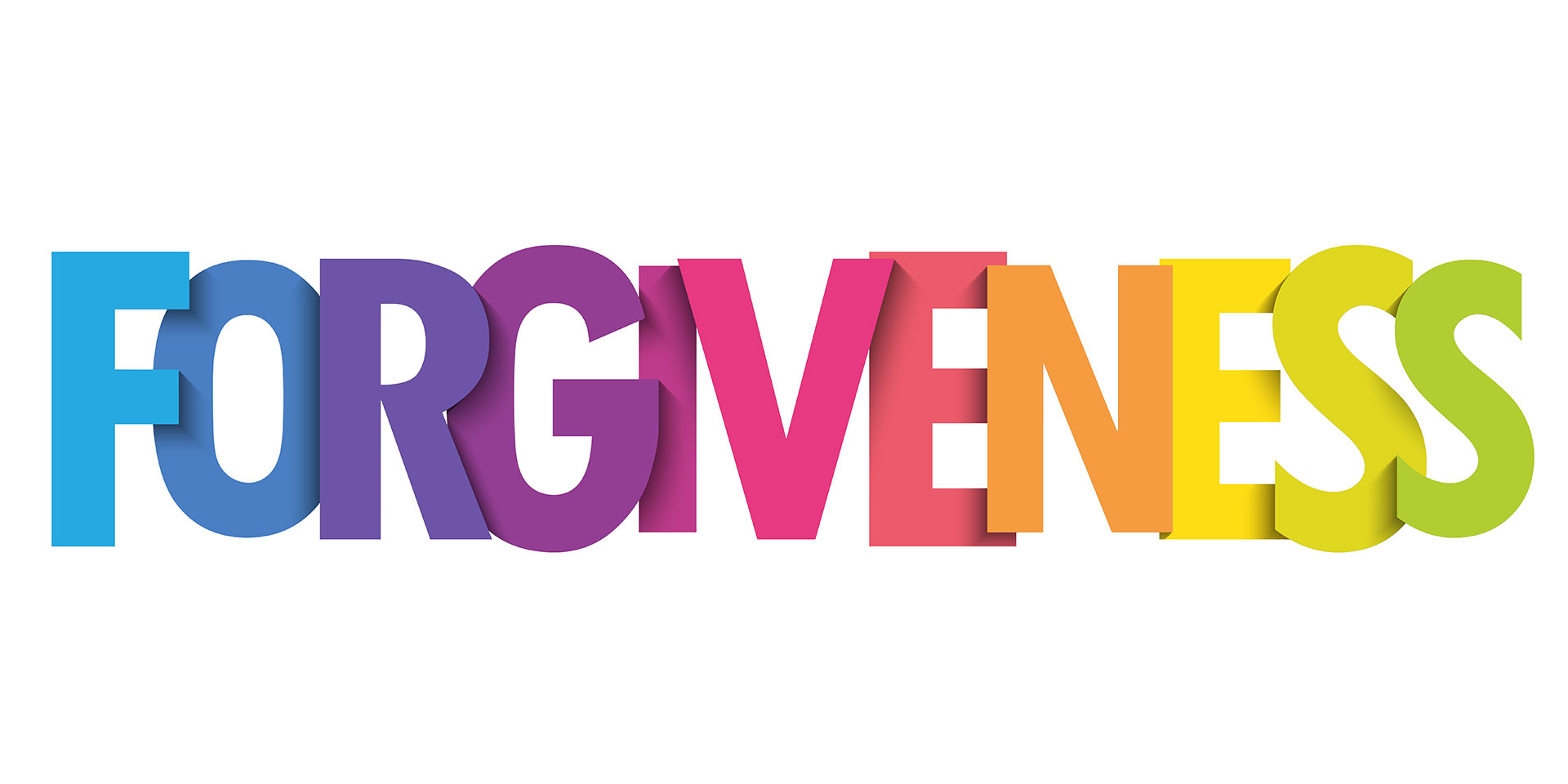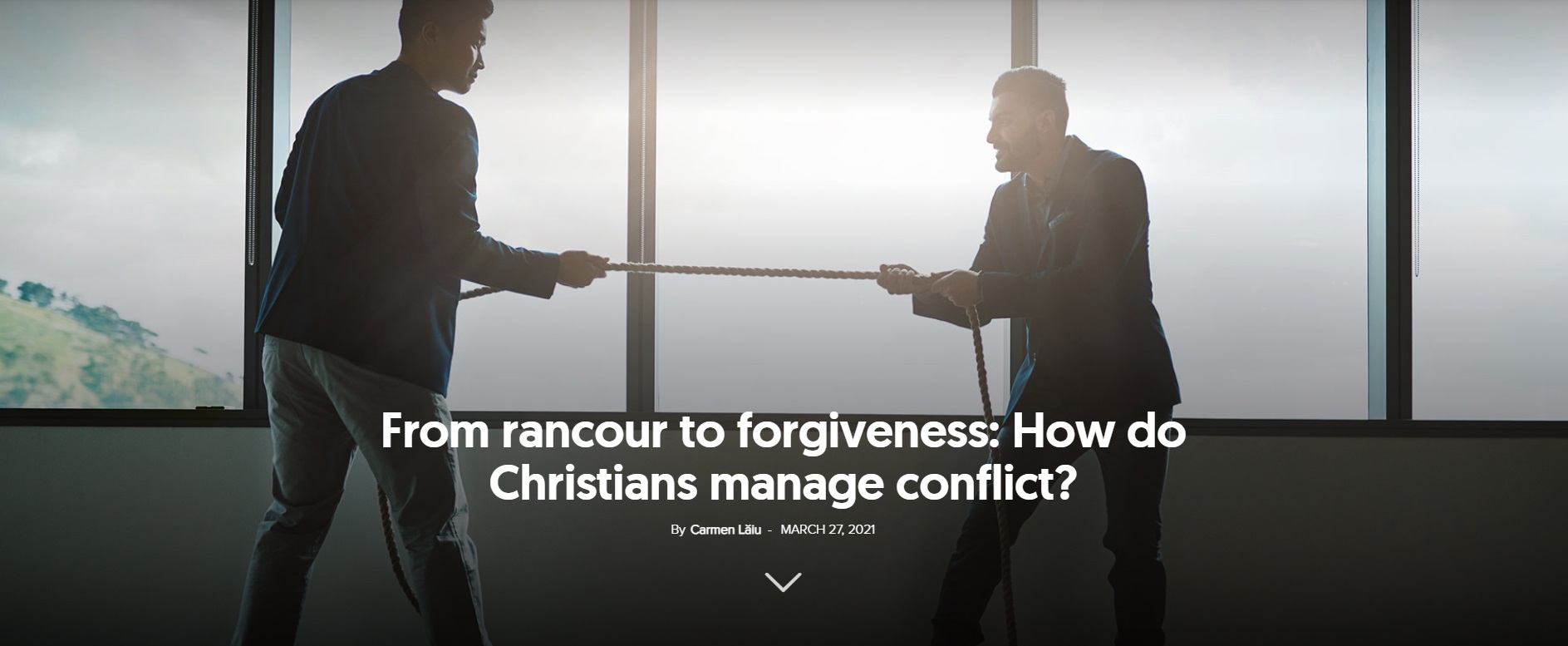Forgiveness is the central idea in Christianity that sets it apart from other religions.
Christians are reconciled with God through an act of forgiveness, made possible by the sacrifice of Jesus Christ. If Christians do not succeed in receiving and offering forgiveness, not only will their relationships suffer, but so will their role as witnesses for Jesus.
A study conducted by Barna among practicing American Christians indicates that there are some problems when it comes to this. Although 88% of them admit they know what Christian forgiveness means in theory, in practice, things are different. While most Christians (76%) say they’ve unconditionally forgiven someone who had sinned against them at least once, only a little over half (55%) remember someone having showed them compassion in this regard. Up to 38% of Christians say they have never been forgiven like this.
The significant difference between the percentage of those who say they have forgiven unconditionally and the percentage of those who admit to receiving it suggests there is also a significant perception difference between what it means to offer, and what it means to receive, forgiveness. It seems many people have the impression that they have forgiven someone, while the people who should feel forgiven do not.
Moreover, more than 23% of Christians—that is, one in four—admit there is a person in their lives they could never forgive. Researchers have identified a few characteristics of this group. It seems that, theologically, these people tend to believe in salvation by works and less than half believe that mercy is not something that often influences their behaviour, through words or actions. This, coming from Christians who should be well-taught by the countless Biblical examples in this regard, is no small thing at all.
In Luke 7:47, Jesus makes a direct connection between those who were granted limitless mercy and forgiveness, and those who show much love. Similarly, this study suggests that those who were forgiven unconditionally are more predisposed to offer it in turn. Almost 9 out of 10 people who say they have been forgiven made a similar decision about others, compared to only 64% of those who were able to forgive without being themselves forgiven by others.
For some, however, the power to forgive is a miracle in itself. Even if we know we should forgive the people who wrong us, many times we struggle with feelings that stop us from doing that. Most of the times these hard feelings are actually just unprocessed pain, which does not go away just by thinking nice thoughts. Sometimes we need to work on ourselves before being able to work on a broken relationship.




















